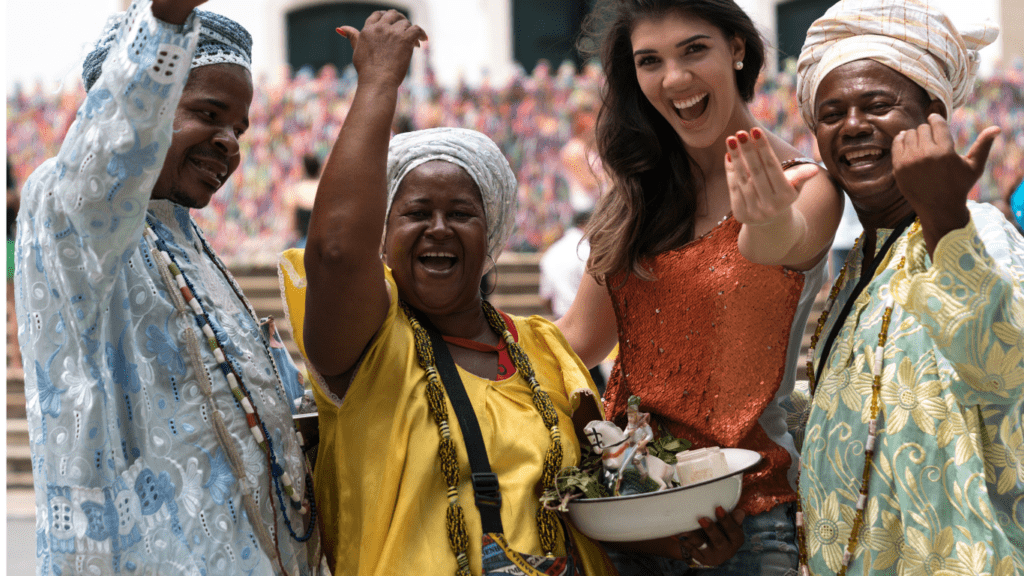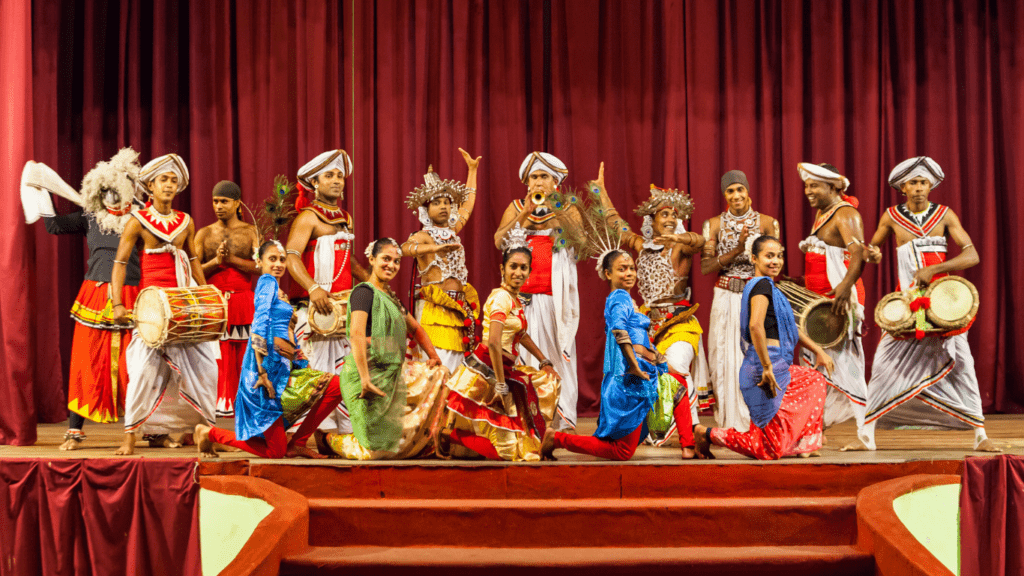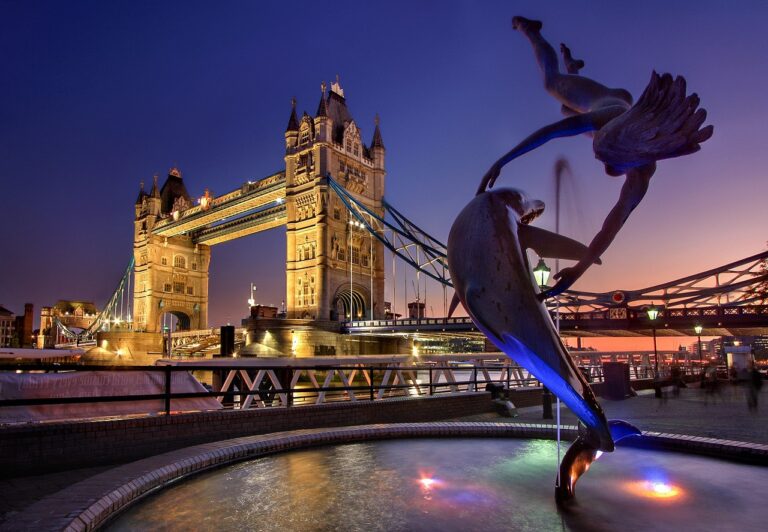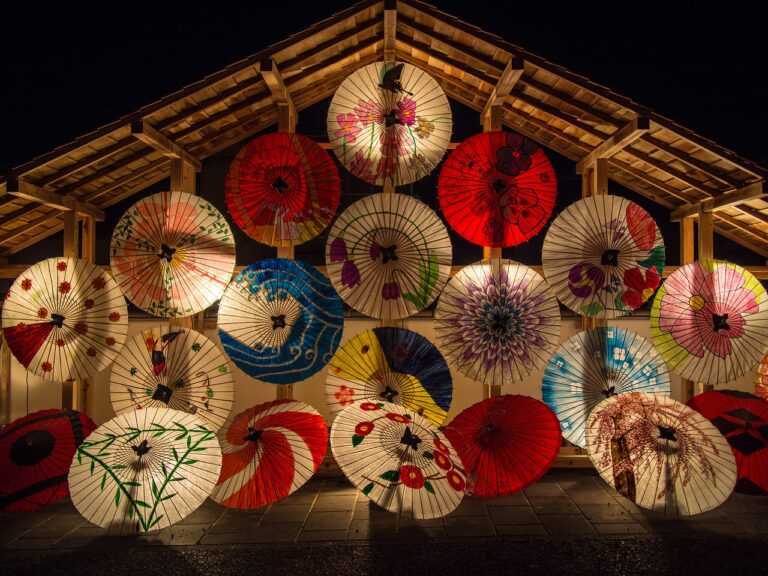Understanding Cultural Immersion
Cultural immersion involves engaging deeply with the traditions, values, and daily lives of a local community. It goes beyond surface-level tourism by fostering meaningful connections and authentic experiences. This approach enables travelers to appreciate the unique aspects of each destination while broadening their perspectives.
The essence of cultural immersion lies in active participation. Observing locals is informative, but joining their activities—like traditional crafts, cooking classes, or community events—provides a richer understanding. Speaking even a few words of the local language demonstrates respect and opens doors to deeper interactions.
Adaptability plays a key role in cultural immersion. Embracing unfamiliar customs or adjusting to new social norms creates mutual respect. For example, dressing modestly in conservative regions or partaking in a village ceremony reflects a willingness to honor local practices.
Cultural immersion also benefits local communities. Supporting small businesses, hiring local guides, or choosing homestays strengthens the local economy and promotes cultural preservation. Each interaction contributes to a travel experience that’s rewarding and impactful.
Benefits Of Experiencing Local Life While Traveling
Immersing yourself in local life transforms travel into an enriching experience. It deepens your understanding of culture and builds lasting memories.
Building Authentic Connections
Engaging with locals fosters genuine relationships. Sharing meals, attending cultural events, or participating in family traditions creates meaningful bonds and mutual respect. For example, I once joined a local cooking class and formed friendships by learning regional recipes. These connections provide unique access to stories and customs, unavailable to casual tourists.
Gaining New Perspectives
Immersing in local life broadens your worldview by challenging preconceived notions. Observing everyday practices, like communal living or sustainable farming, reveals cultural priorities and values. For instance, I learned about resourcefulness while participating in a rural harvesting process. Such experiences inspire personal growth and a deeper appreciation for cultural diversity.
Ways To Immerse Yourself In Local Culture

Experiencing local life while traveling starts with active participation and a willingness to explore beyond the surface. These methods help build deeper connections and provide authentic cultural insights.
Participating In Local Festivals And Events
Joining local festivals and events offers direct exposure to:
- traditions
- music
- celebrations
These occasions often reflect the cultural identity of a community. For example, attending Thailand’s Songkran Festival or India’s Holi allows me to experience rituals and interact with locals in meaningful ways. Checking festival dates and aligning travel plans enhances these opportunities.
Learning The Local Language
Learning key phrases in the local language shows respect and fosters better communication. Even basic greetings like “hello” or “thank you” can open doors to warmer interactions. For instance, using Spanish when exploring South America has helped me connect with residents and understand subtle cultural nuances. Apps and language guides make this process simple and accessible.
Staying With Locals Through Homestays
Homestays provide an intimate glimpse into daily life by letting me live with local families. They offer unique access to traditions, home-cooked meals, and personal stories. I’ve discovered authentic hospitality and customs by staying with hosts in rural Japan or villages in Morocco. Researching verified platforms ensures safe and enriching experiences.
Trying Traditional Foods
- Sampling traditional foods introduces me to a region’s history, ingredients, and culinary techniques.
- Street food stalls, family-owned restaurants, and regional dishes like Italy’s handmade pasta or Vietnam’s pho reveal cultural depth.
- Choosing local dining spots rather than global chains also supports small businesses while enhancing the dining experience.
Exploring Beyond Tourist Spots
Venturing outside tourist hubs uncovers hidden gems and authentic communities. I’ve found bustling markets, secluded temples, and quiet neighborhoods while straying from popular attractions. Asking locals for recommendations or taking public transportation has guided me to deeper, less-commercialized cultural experiences.
Tips For Respectful Cultural Immersion
Respecting local cultures ensures meaningful travel experiences and fosters positive interactions with local communities. Following these practices can help create a genuine cultural connection.
Research Local Customs And Traditions
Understanding cultural norms avoids unintentional offenses. Before traveling, I study common greetings, clothing expectations, and behavioral etiquette. For example, in Japan, bowing is a customary greeting, while in India, modest attire is appreciated at religious sites. This preparation shows respect and signals genuine interest in the culture.
Practice Open-Mindedness And Adaptability
Embracing unfamiliar customs enhances the immersion experience. I stay open to trying traditional foods, participating in unique rituals, and adopting social norms like removing shoes before entering homes. If a custom feels unusual, I remind myself to adapt rather than judge, ensuring my actions align with the cultural context.
Support Local Businesses
Engaging with small, local businesses benefits the community. I prioritize dining at family-run restaurants, purchasing handmade crafts, and staying in locally-owned accommodations. For example, buying from local artisans preserves their craft while supporting their livelihood. This approach strengthens the local economy and deepens my connection to the destination.























































































































































































































































































































































































































































































































































































































































































































































































































































































































































































































































































